Coping with Failure and Setbacks: Developing Resilience and a Growth Mindset in High School
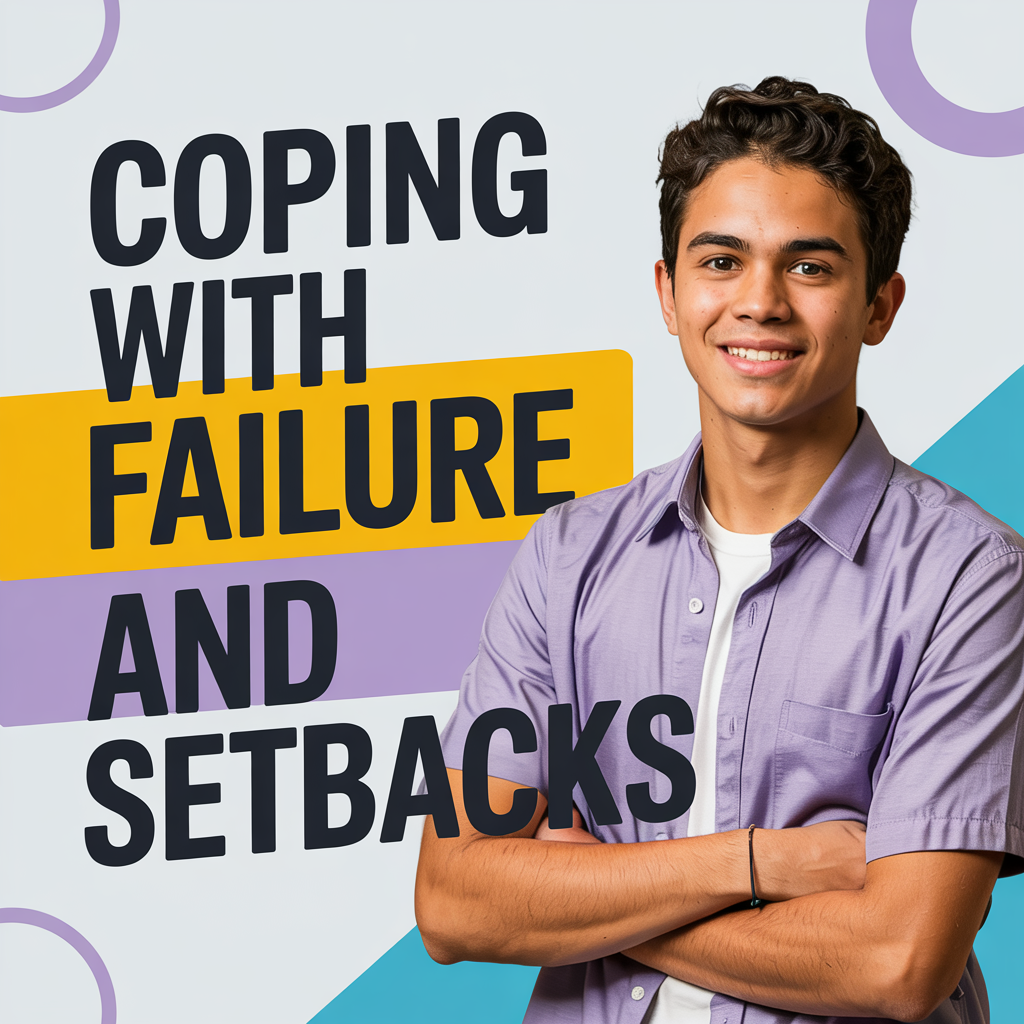
Let’s face it: failure and setbacks are part of life. No one succeeds all the time. In high school, you might experience academic setbacks, social disappointments, or not achieving a goal you set for yourself. It’s how you cope with these challenges that truly defines you. This article will provide resilience building strategies and guide you on developing a growth mindset to reframe failure as a learning opportunity and bounce back stronger.
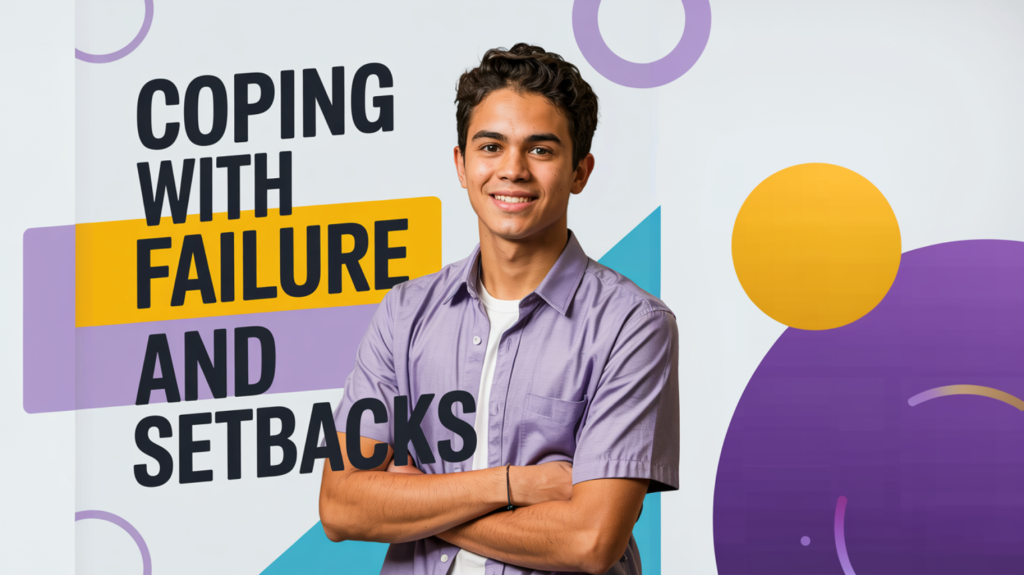
Understanding Failure and Setbacks: A Normal Part of Growth
Failure and setbacks are not something to be feared or avoided; they are a natural and necessary part of growth and learning.
- Everyone Experiences Failure: It’s important to understand that everyone, even the most successful people, have experienced failure at some point. It’s a universal human experience.
- Setbacks Are Temporary: Setbacks are temporary and don’t define your worth or potential. They are a single event, not a permanent condition.
- Learning Opportunities: Failure and setbacks provide valuable learning opportunities. They can teach you important lessons about yourself, your strengths, and areas for improvement.
- Growth Mindset:Embracing a growth mindset, which we’ll discuss later, allows you to see failure as a chance to grow and develop. Platforms like Cirkled In can help you track your progress and reflect on your learning journey.
Developing Resilience: Your Bounce-Back Power
Resilience is the ability to bounce back from adversity, challenges, and setbacks. It’s a crucial skill for navigating the ups and downs of high school.
- Build a Support Network: Surround yourself with supportive friends, family, teachers, and mentors who can offer encouragement and guidance during challenging times.
- Practice Self-Care: Take care of your physical and mental health. Get enough sleep, eat nutritious foods, exercise regularly, and engage in activities that help you relax and recharge.
- Develop Problem-Solving Skills: Break down challenges into smaller, more manageable steps. Focus on finding solutions rather than dwelling on the problem.
- Maintain a Positive Outlook: Focus on your strengths, past successes, and the lessons you’ve learned from setbacks. Practice positive self-talk and cultivate gratitude.
- Set Realistic Goals: Set achievable goals and celebrate your progress. Avoid setting unrealistic expectations that can lead to disappointment.
Cultivating a Growth Mindset: Embrace Challenges and Learn
A growth mindset is the belief that your abilities and intelligence can be developed through effort, learning, and perseverance.
- Embrace Challenges: View challenges as opportunities for growth and learning, rather than obstacles to be avoided.
- Value Effort and Hard Work: Recognize that effort, hard work, and dedication are essential for improvement and success.
- Learn from Feedback: Seek out feedback and view it as a valuable tool for growth and development.
- Persist in the Face of Setbacks: Don’t give up easily when faced with challenges. Embrace resilience and keep working towards your goals.
- Focus on Learning and Improvement: Shift your focus from seeking validation to seeking learning and growth.
Reframing Failure: See Setbacks as Learning Opportunities
Reframing failure is a powerful way to change your perspective and turn setbacks into valuable learning experiences.
- Analyze the Situation: Take time to reflect on the situation and identify what went wrong and what you can learn from it.
- Focus on What You Can Control: Identify the factors that were within your control and those that were outside of your control. Focus on what you can learn and improve for the future.
- Identify Lessons Learned: Ask yourself: What did I learn from this experience? How can I use this knowledge to improve in the future?
- Develop an Action Plan: Create a plan for how you will move forward and apply the lessons you’ve learned.
- Practice Self-Compassion: Treat yourself with kindness and understanding. Avoid self-criticism and focus on growth and improvement.
Seeking Support: You Don’t Have to Do It Alone
It’s important to remember that you don’t have to cope with failure and setbacks alone.
- Talk to Trusted Adults: Reach out to parents, teachers, counselors, or mentors for support and guidance.
- Connect with Friends: Share your experiences with supportive friends. They can offer understanding, encouragement, and a listening ear.
- Seek Professional Help: If you are struggling to cope with failure or setbacks, consider seeking help from a therapist or counselor.
Action Step
Reflect on a recent setback or failure you experienced. Use the strategies outlined in this article to reframe the experience, identify lessons learned, and develop a plan for moving forward. Explore Cirkled In’s wellness resources for additional support and guidance on your resilience journey.
Final Thought: Bounce Back Stronger: Resilience & Growth Mindset for Students
Failure and setbacks are inevitable, but they don’t have to define you. By developing resilience, cultivating a growth mindset, and reframing failure as a learning opportunity, you can bounce back stronger, achieve your goals, and thrive in high school and beyond.
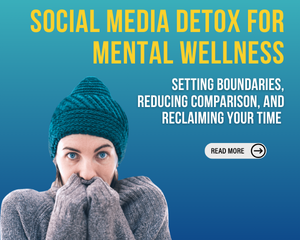
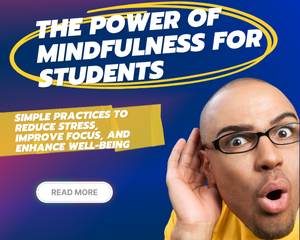
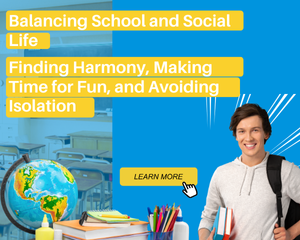
0 Comments